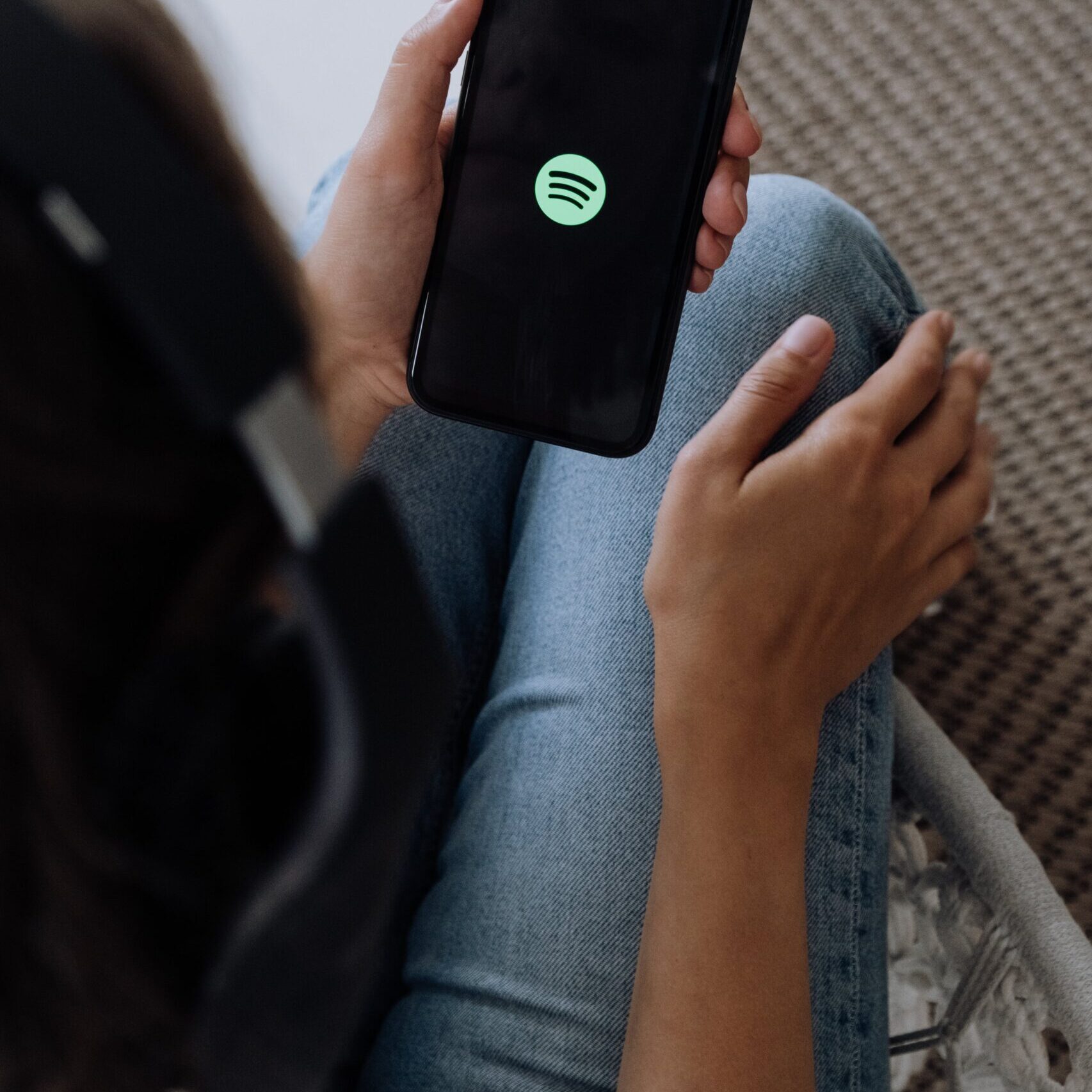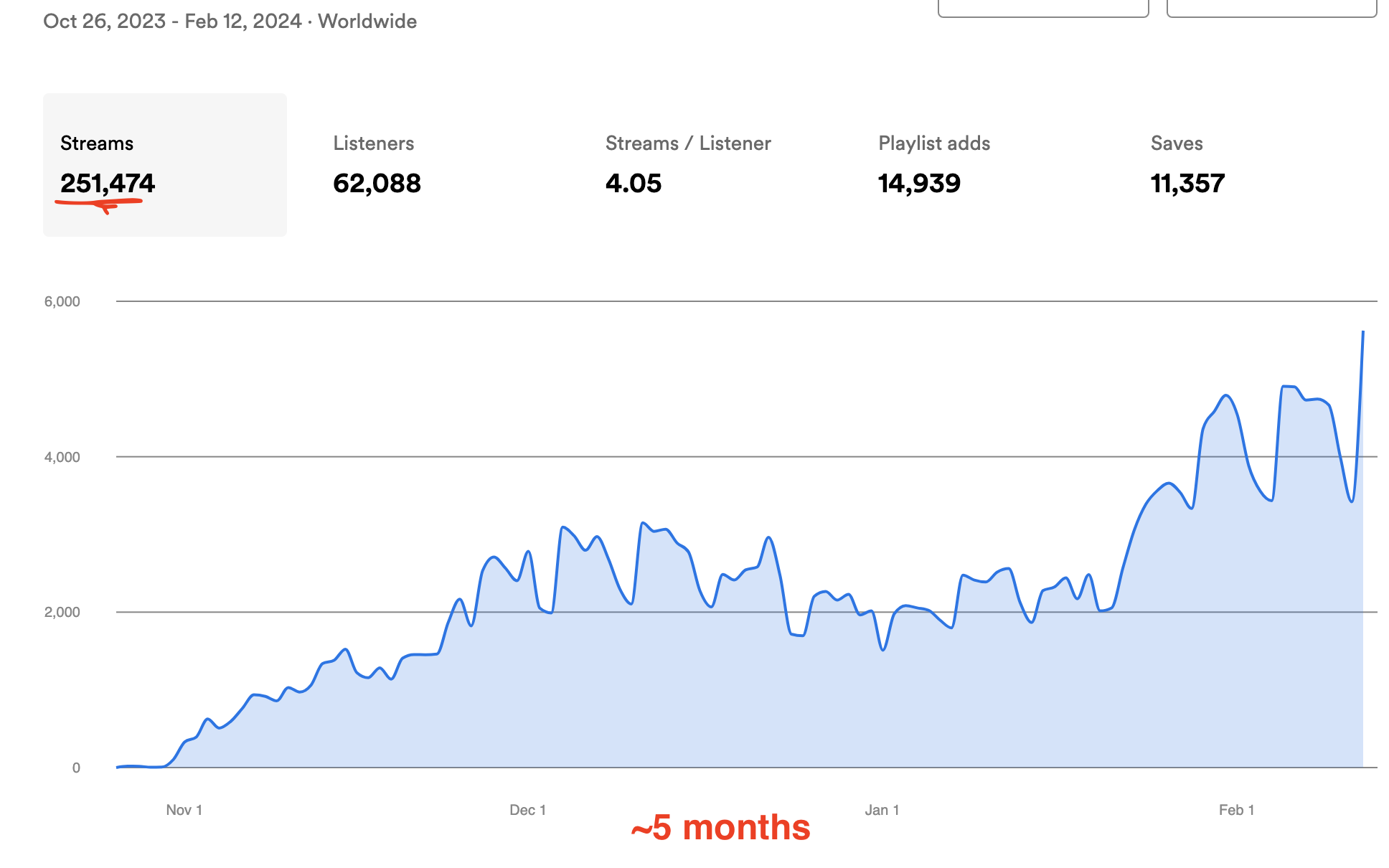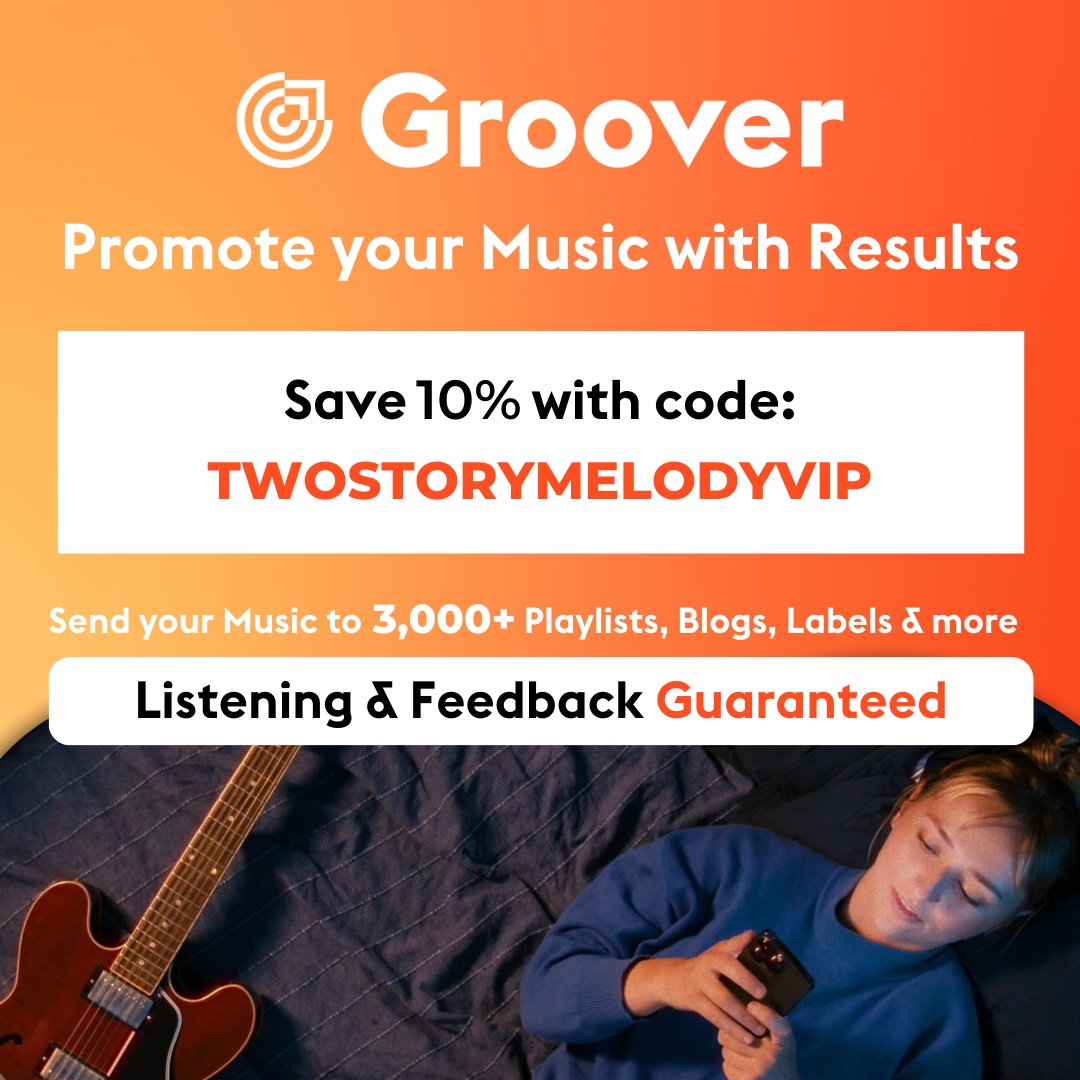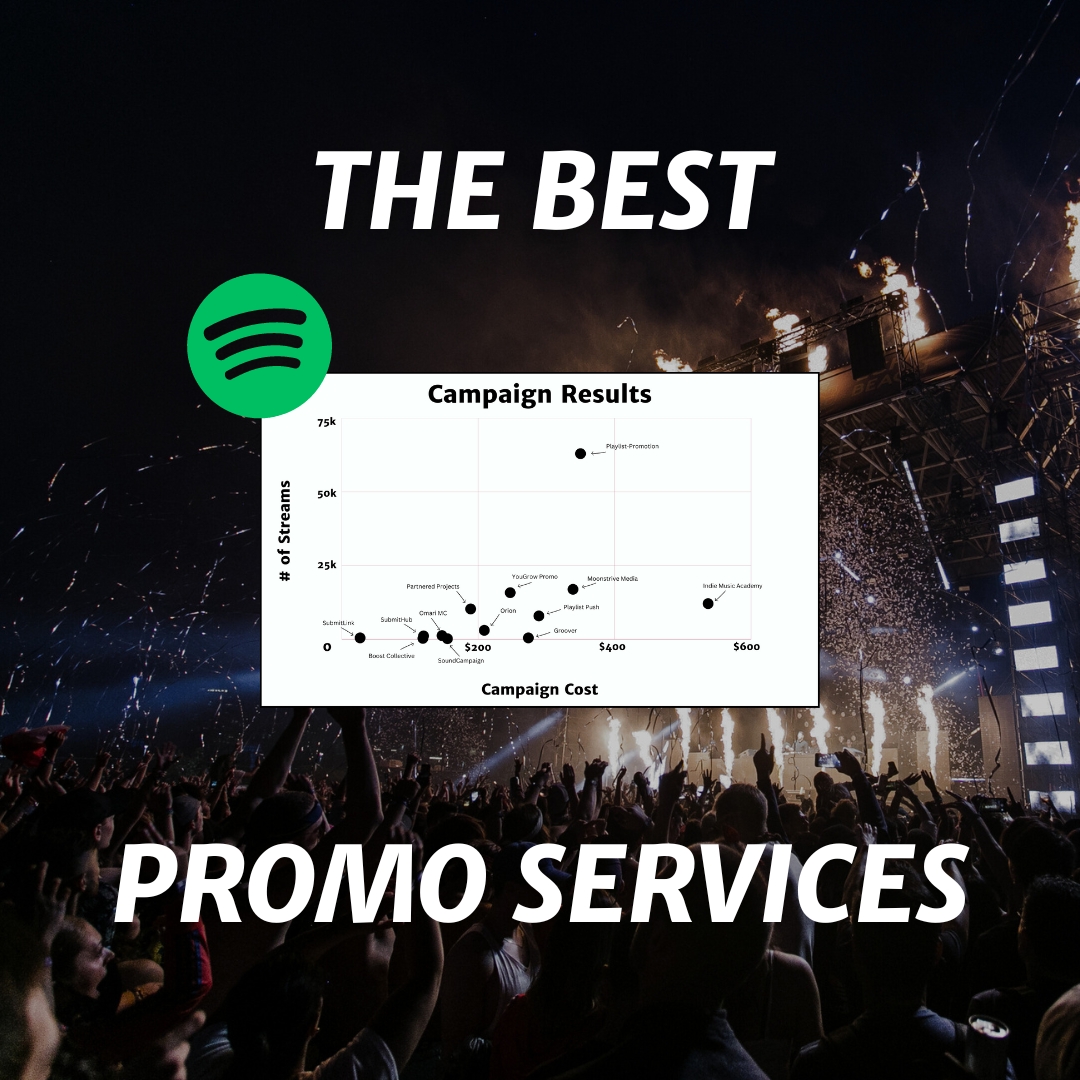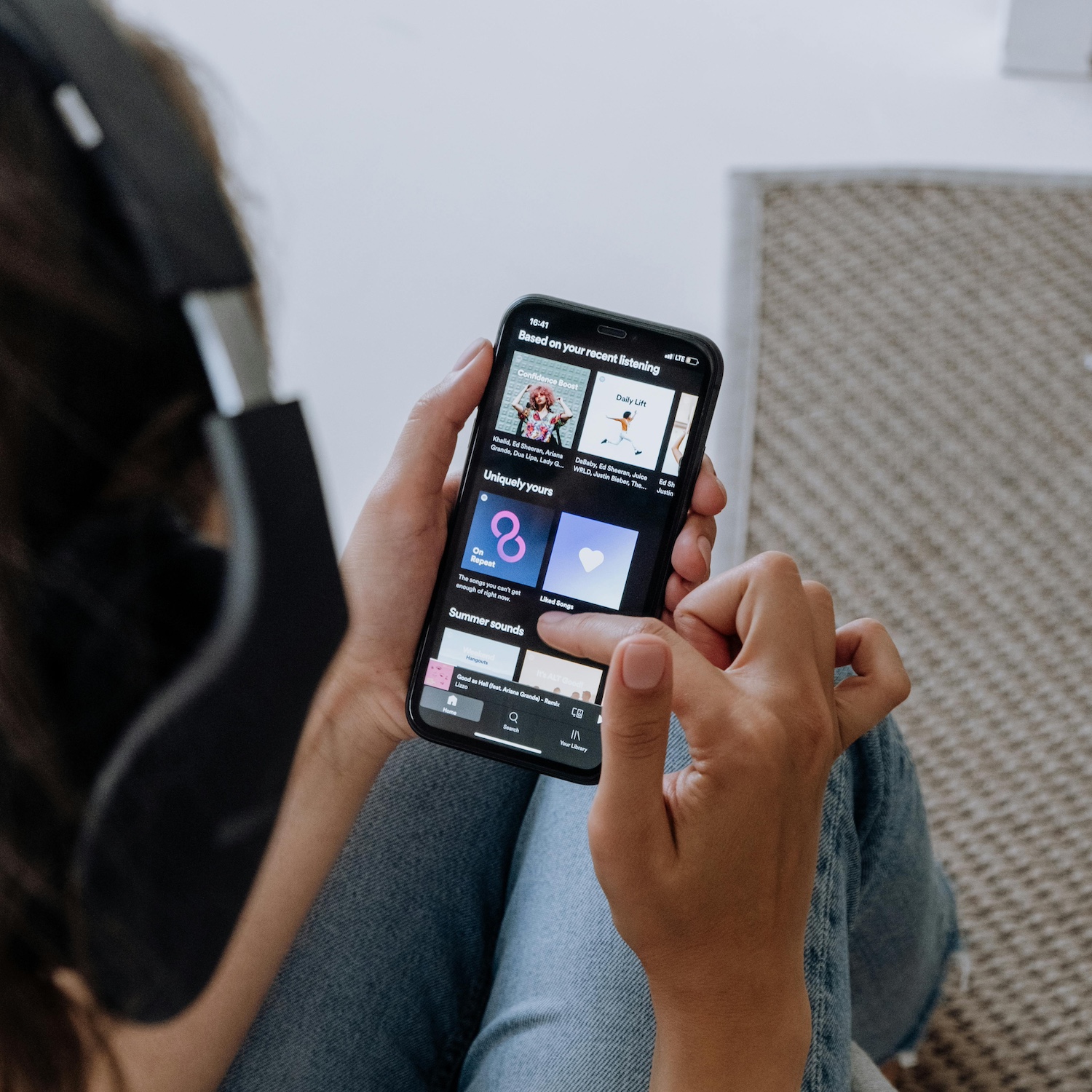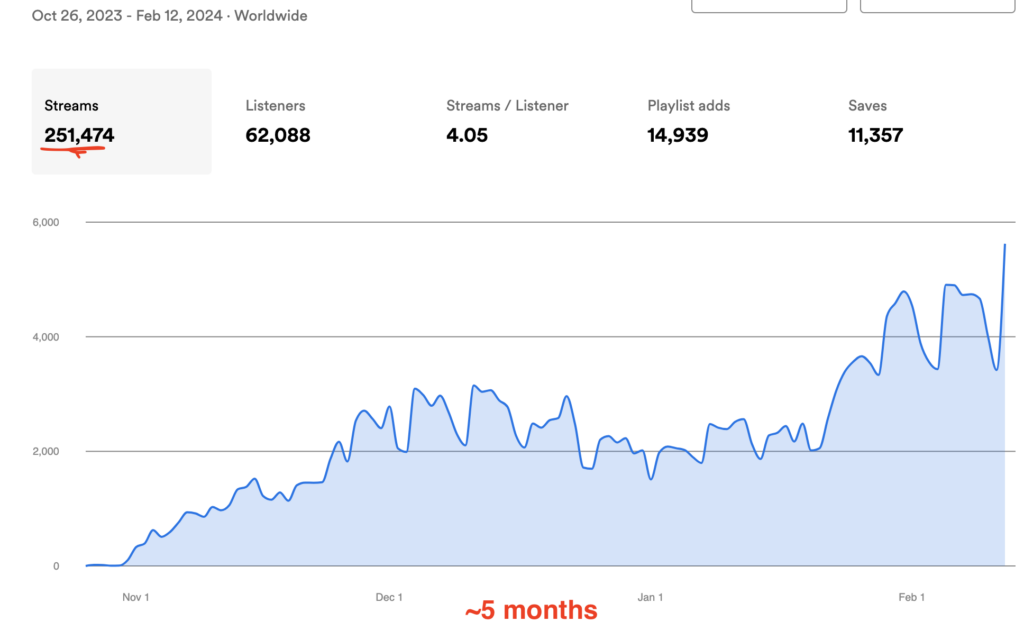I’m wading into the controversy this morning…
To make it even more offensive: I think most people (including, maybe, you) are overreacting.
Yeah, yeah – I know Tom already wrote about this topic in an email that was kinder and more insightful than anything I’ve written this year. So this morning’s post is fated to be redundant, slightly mean, and a little dumb. But that’s not stopping me; I’ve got my own opinions, gosh darn it, and I sure don’t have my own editor to tell me not to share them.
So, here we go: My take on why the royalty changes are way overblown.
Let’s do a little recap:
The details: Three things, really…
- They’ll fine distributors and labels for fake streams.
- They’ll require “songs” to be two minutes in length and reduce payouts for noise recordings (white noise, rain sounds, etc.).
- They’ll only pay royalties for songs that reach 1,000 streams in a calendar year.
Here’s the actual announcement, if you’re interested.
From what I’ve seen, people are mostly freaking out about the third point in the little recap (the 1,000 streams threshold for payment). Here’s the first reason why it’s not a big deal…
We’re talking about $5.
Assuming an unreasonably optimistic rate of $0.005 per stream, five dollars is the amount you would have expected to receive from Spotify if you had gotten 999 streams on a track within the next 12 months.
But next year, if you get 999 streams, you won’t get that five dollars.
Instead, you’ll get nothing.
…Which is basically the same thing as $5.
Look, I don’t mean to be callous, but if your financial security next year is really dependent upon Spotify paying you $5, then you should probably sell your guitar. The truth is that the small amount of money some artists are potentially losing is just not that big a deal.
Now, I think there are two possible rebuttals to the opinion I’ve just shared.
One, which I’ve seen posited in a few places, is that the small cuts will add up over the course of a huge catalog. Let’s say, for example, that you have 100 songs all receiving 999 streams per year; in this case, you’ve lost $500.
But let’s be real: If you’re getting 999 streams on 100 songs, what the heck are you doing?
It’s such an unlikely scenario; sure, you might have a huge catalogue and low streaming numbers, but it’s very unlikely that you’re falling just short of the threshold on every track.
It’s far more likely that you’re way short on almost every track (in which case your payouts would be much lower), or that you have nowhere near 100 songs on Spotify – or that you’re comfortably over the mark and actually benefit from the change.
But it all comes back to the fact that, for most artists, the money we’re talking about just isn’t enough to significantly impact your life.
With that said, the second objection (and I think this gets closer to the heart of the issue) is this:
It’s a matter of principle.
As Tom put it a few weeks ago, it can seem like Spotify is stealing from the poor to pay the rich – and doesn’t that make you angry? Shouldn’t we quit Spotify, now that their real motives have finally come to light? Shouldn’t we go hold mean signs outside of Daniel Ek’s house?
…I mean, sure.
(Note: That’s a joke. I don’t have lawyers, but if I did, I think they’d want me to clarify that I am not advising anyone to go stand outside of Daniel Ek’s house. Please don’t do that. And if you do do that, please tell him you are there on your own initiative and not my recommendation. Actually, just don’t mention me at all.)
But also, this isn’t new. Spotify’s motives have pretty much always been the same; they’ve been a public company for over five years, which means their primary mission for half a decade has been to maximize shareholder profits. If, up until a few weeks ago, you thought they were some sort of idealistic white knight for indie artists, you probably had your head in the sand.
“But this is the last straw!” I can hear you saying. “They’ve finally crossed the line!”
If you feel that way – fine.
But given the fact that this change will actually benefit “those most dependent on streaming revenue,” including many indie artists, I think it’s hard to argue that it’s a net negative for all indie artists.
And if it’s hard to argue this change is a net negative for all indie artists, don’t you think it’d be an overreaction to call it the last straw?
“No, no, no!!!” I can hear you saying as you add more exclamation points for emphasis. “This, finally, was the straw that crossed the line!!!!”
But now you’re mixing metaphors and I’m tired of pursuing this line of the argument. So let’s turn to the crux of the issue.
Here’s the second reason the royalty payment change isn’t a big deal
Spotify isn’t a good way to make money as an artist.
Don’t get me wrong; I’m absolutely not saying that you can’t make decent money from Spotify as an artist. I know plenty of people, some of whom are indie artists on this list, who are bringing in tens of thousands of dollar per year (or more) in streaming revenue.
You can definitely make decent money from Spotify. (And if you do, you’ll actually benefit from this royalty change.)
But that probably shouldn’t be the primary reason you’re on the platform.
“Why not?” you ask, and because you didn’t use an interrobang I can tell we’re on better speaking terms.
Two reasons:
One, not to beat a dead horse, but Spotify just doesn’t pay that much. The real-life data bears this out. Most musicians making a full-time living from music have a primary income stream that is not streaming royalties.
(According to the survey I ran last year – which had, admittedly, a very small sample size – most musicians earning more than $25,000 listed live performances as their top source of revenue.)
Two, streams offer less potential for meaningful fan connection compared against other monetization methods.
Let me put it this way: One musician makes $10,000 from streams. Another makes $10,000 from Patreon memberships. Who do you think has a more engaged fanbase? Who do you think has more meaningful relationships with their fans? Who do you think has better teeth?
Again, I’m not saying that you can’t make money from streaming. Or that you can’t build relationships with your fans if most of your income comes from streaming royalties. Or that you have bad teeth.
But my opinion (and I think the data bears this out) is that Spotify is much better viewed as a way to reach new ears than as a way to make money.
And if you switch your expectation – if you stop assuming that you should get a bunch of money from Spotify – then it’s suddenly not that big a deal when you hypothetically lose $5.
Your expectation determines your response. And I think a lot of artists have an inaccurate expectation, and so react with more anger than is warranted.
So, that’s my controversial and probably condescending take.
I’m sorry; I know it’s redundant, slightly mean, and a little dumb. But I’ll end it with this hopefully encouraging note:
The point of music isn’t really to make money, anyway. Your art matters regardless of the financial reward you get for it.
As Tom so eloquently wrote the other week: “There are all kinds of value that are worthwhile, and ‘monetary’ doesn’t even crack the top 10.”
⬆️ Man, that’s good stuff. I really should’ve just left this issue to him, huh? Well, here we are.
Thanks for reading, anyway.

